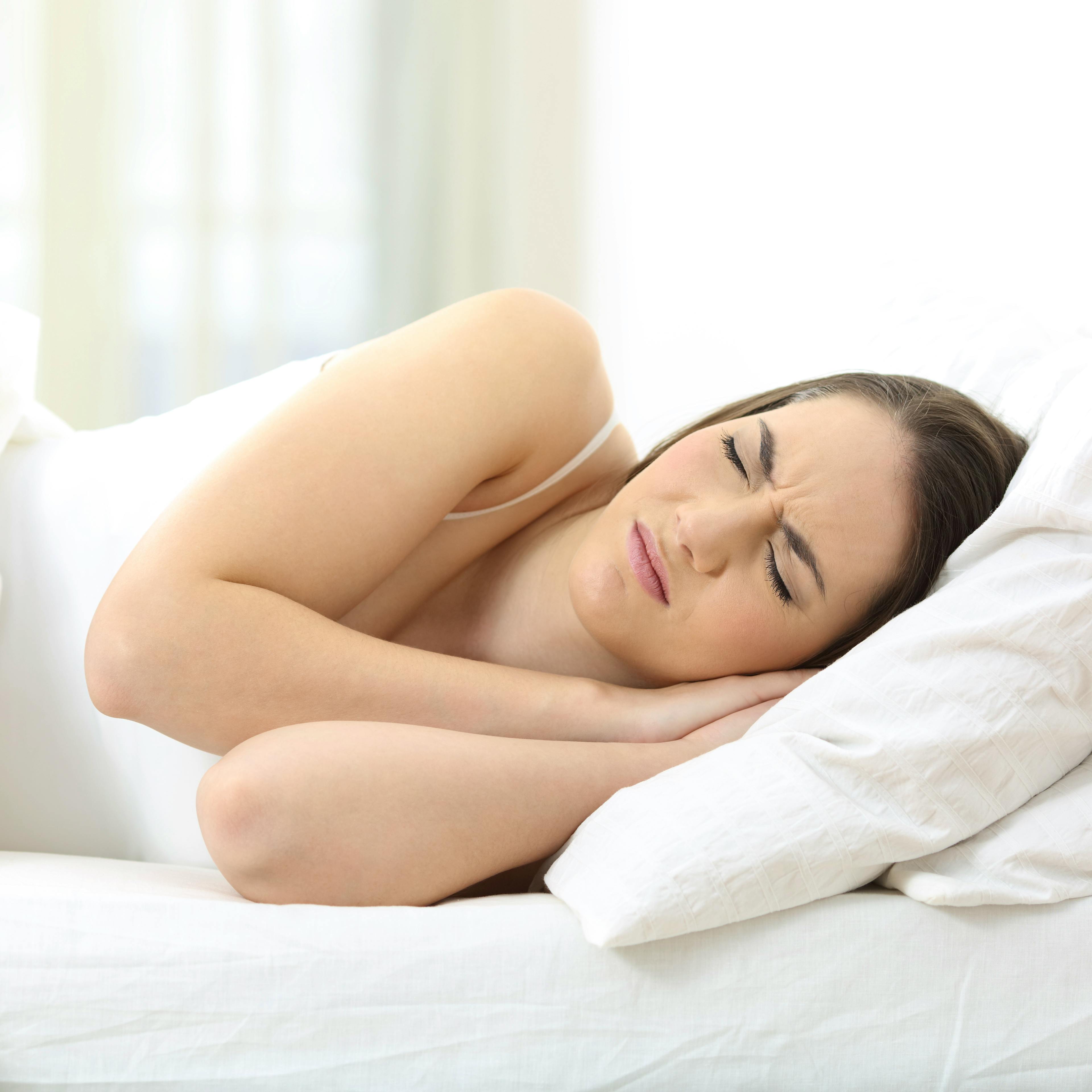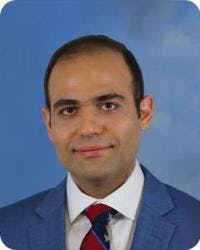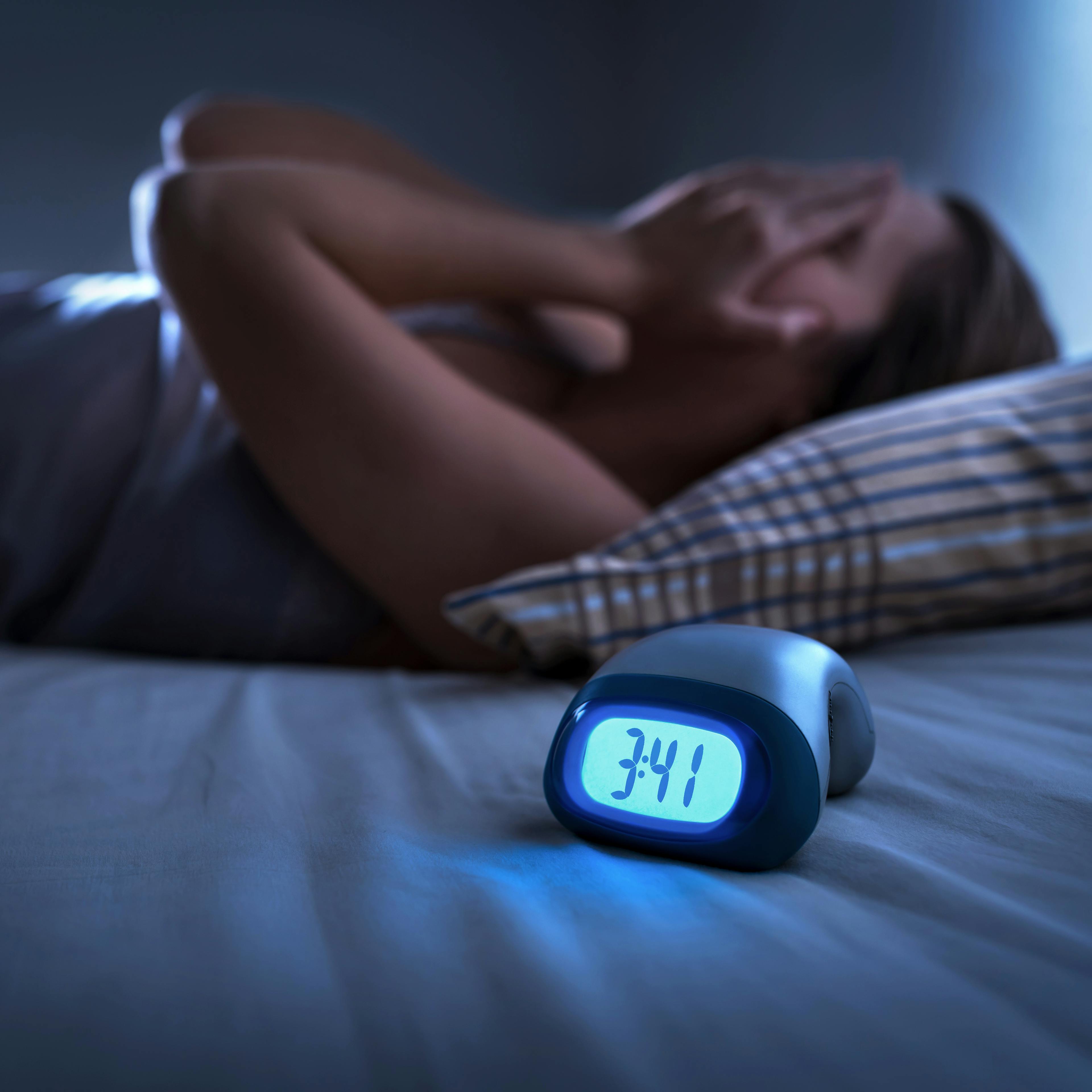Feeling excessively tired during the day, even after a full night’s sleep? You may be experiencing excessive daytime sleepiness (EDS), also known as hypersomnia. At CLS Health’s sleep centers in Houston and Webster, TX, our board-certified sleep specialists help patients uncover the root causes of daytime fatigue through comprehensive evaluations, including sleep studies. With the right diagnosis and treatment, you can restore energy, focus, and quality of life.
What is Excessive Sleepiness During the Day?
Excessive sleepiness during the day is more than just feeling tired. It is a medical condition where people experience persistent drowsiness, difficulty staying awake, and a need for naps that don’t relieve fatigue. Hypersomnia can affect work, school, and relationships, and it may indicate an underlying sleep disorder that requires evaluation at a sleep clinic.
What are the Symptoms of Excessive Daytime Sleepiness?
Common symptoms include:
- Constant daytime drowsiness despite adequate nighttime sleep
- Struggling to wake up in the morning
- Feeling unrested even after long sleep periods
- Poor concentration and difficulty staying alert
- Irritability or mood changes
Less common symptoms may include:
- Performing tasks without full awareness (“automatic behaviors”)
- Memory or focus problems
- Increased appetite and weight gain from disrupted sleep
How Long Does Excessive Sleepiness Last?
The duration of excessive sleepiness depends on the cause:
- Acute episodes may last days to weeks due to illness, stress, or temporary sleep loss.
- Chronic hypersomnia can persist for months or years, often pointing to conditions such as sleep apnea or narcolepsy.
What Causes Excessive Daytime Sleepiness?
EDS can be linked to multiple factors, including:
- Sleep disorders such as sleep apnea, restless leg syndrome, or narcolepsy
- Medical conditions like thyroid disorders, obesity, or depression
- Medication side effects
- Lifestyle habits such as irregular schedules, alcohol use, or poor sleep hygiene
Risk Factors for Excessive Sleepiness
You may be at higher risk if you experience:
- Chronic sleep deprivation
- Shift work or irregular hours
- Being overweight or obese
- Certain psychiatric or neurological conditions
Types of Excessive Daytime Sleepiness
- Primary hypersomnia: Sleepiness without a clear cause.
- Secondary hypersomnia: Sleepiness due to another medical or sleep disorder.
How is Excessive Sleepiness Diagnosed?
At a sleep center, diagnosis often includes:
- A detailed sleep history and symptom review
- A sleep diary to monitor patterns
- A sleep study (polysomnography) to assess breathing, brain activity, and overall sleep quality
- Blood tests to rule out other medical conditions
Treatment Options for Excessive Sleepiness
Treatment depends on the underlying cause and may include:
- Practicing good sleep hygiene
- Cognitive-behavioral therapy for insomnia
- Medications to improve alertness or treat sleep disorders
- Lifestyle adjustments such as exercise and diet improvements
Seek immediate care if sudden, severe sleepiness is accompanied by other neurological symptoms.
What Specialist Should You See?
If you’re struggling with ongoing daytime fatigue, schedule an appointment with a sleep specialist.
Depending on the suspected cause, you may also be referred to a:
CLS Health Sleep Medicine clinics in Houston and Webster provide comprehensive evaluations and personalized treatment plans.
Take the First Step Toward Better Sleep
If you struggle with excessive daytime sleepiness in Houston, the specialists at CLS Health Sleep Centers are here to help. With advanced sleep studies, experienced providers, and personalized care plans, we’ll guide you toward better rest and improved daily energy.
Schedule your consultation today to start your journey toward healthier sleep.
Frequently Asked Questions
Improving sleep hygiene, maintaining regular schedules, exercising, and limiting caffeine or alcohol can reduce daytime fatigue.
Yes. It may point to sleep apnea, narcolepsy, or other medical conditions that require professional evaluation.
Older adults are at higher risk due to medical conditions, medications, and changes in sleep architecture. A sleep study can help identify causes.


